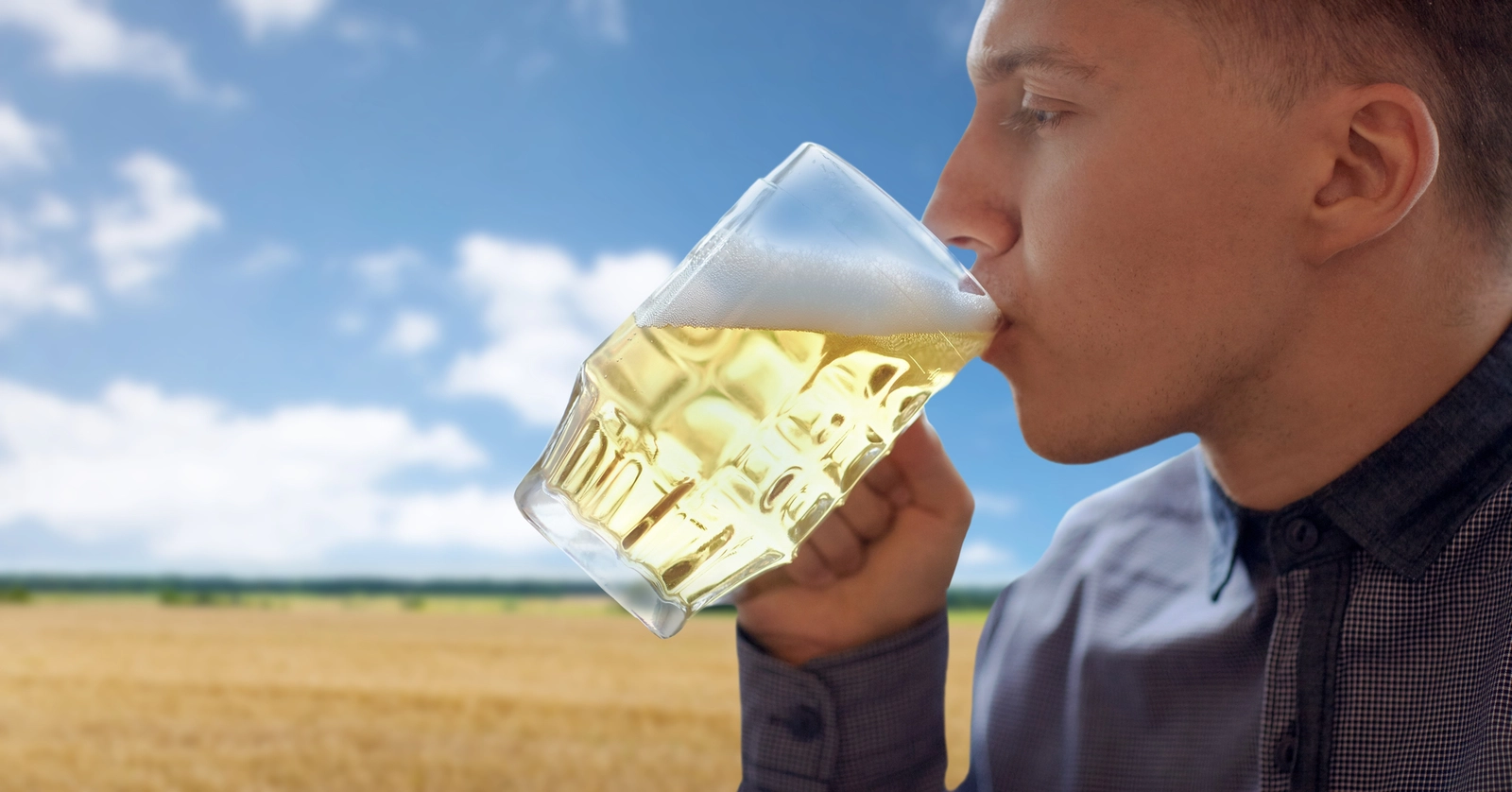Accutane and Alcohol: Risks, Side Effects, and Precautions
Accutane is the brand name for isotretinoin, a widely prescribed acne drug. Because of its safety risks, Accutane was only prescribed to treat moderate-to-severe acne when other treatments had failed, and it was pulled off the market in 2009. The generic version, isotretinoin, is still used as an acne treatment.
Isotretinoin drugs like Accutane can be effective, but they carry serious risks and potential interactions – especially with alcoholic beverages. Learn more about the risks of Accutane and alcohol, common side effects, and other potential interactions.

Frequently Asked Questions About Accutane and Alcohol
How Does Accutane Work?
Accutane and other isotretinoin drugs may work by increasing cell turnover, suppressing acne bacteria, and reducing oil production—three processes contributing to acne.
Why Was Accutane Pulled from the Market?
Accutane was taken off the market in 2009 because of lawsuits and concerns over the risks and side effects. Isotretinoin drugs, both brand name and generic, are still available, however.
What Does Accutane Interact With?
Isotretinoin drugs like Accutane interact with alcohol and plenty of other drugs and substances. While it’s important to avoid ingesting any kind of alcohol while taking isotretinoin drugs, you should also be careful with vitamin A supplements, sun exposure, and some skin treatments, such as treatments that have benzoyl peroxide. Some medications may also interact with isotretinoin, so be sure to speak to your doctor about all medications you’re taking – prescription and over-the-counter.
How Long Does Accutane Stay in the Body?
It’s important to avoid drinking alcohol while taking Accutane and for a period after stopping. It takes some time for the drug to clear your system completely, so be sure to check with your doctor to determine when it’s safe to drink alcohol again without serious safety risks.
[1] Los Angeles Times. (2014, September 16). New study may deal final blow to Acne Drug Accutane. Los Angeles Times. Retrieved from https://www.latimes.com/nation/la-sci-accutane7-2009nov07-story.html
[2] Accutane – American Osteopathic College of Dermatology (AOCD). (n.d.-a). Retrieved from https://www.aocd.org/page/accutane
[3] Isotretinoin: The truth about side effects. American Academy of Dermatology. (n.d.). Retrieved from https://www.aad.org/public/diseases/acne/derm-treat/isotretinoin/side-effects
[4] Isotretinoin – livertox – NCBI bookshelf. (n.d.). Retrieved from https://www.ncbi.nlm.nih.gov/books/NBK547857/
[5] (n.d.). Protect yourself from toxic hepatitis. Cleveland Clinic. Retrieved from https://my.clevelandclinic.org/health/diseases/17915-toxic-hepatitis
[6] Accutane and alcohol/food interactions. Drugs.com. (n.d.). Retrieved from https://www.drugs.com/food-interactions/isotretinoin,accutane.html
[7] Mayo Foundation for Medical Education and Research. (2023, November 1). Isotretinoin (oral route) precautions. Mayo Clinic. Retrieved from https://www.mayoclinic.org/drugs-supplements/isotretinoin-oral-route/precautions/drg-20068178
[8]Pile, H. D. (2023, May 1). Isotretinoin. StatPearls [Internet]. https://www.ncbi.nlm.nih.gov/books/NBK525949/